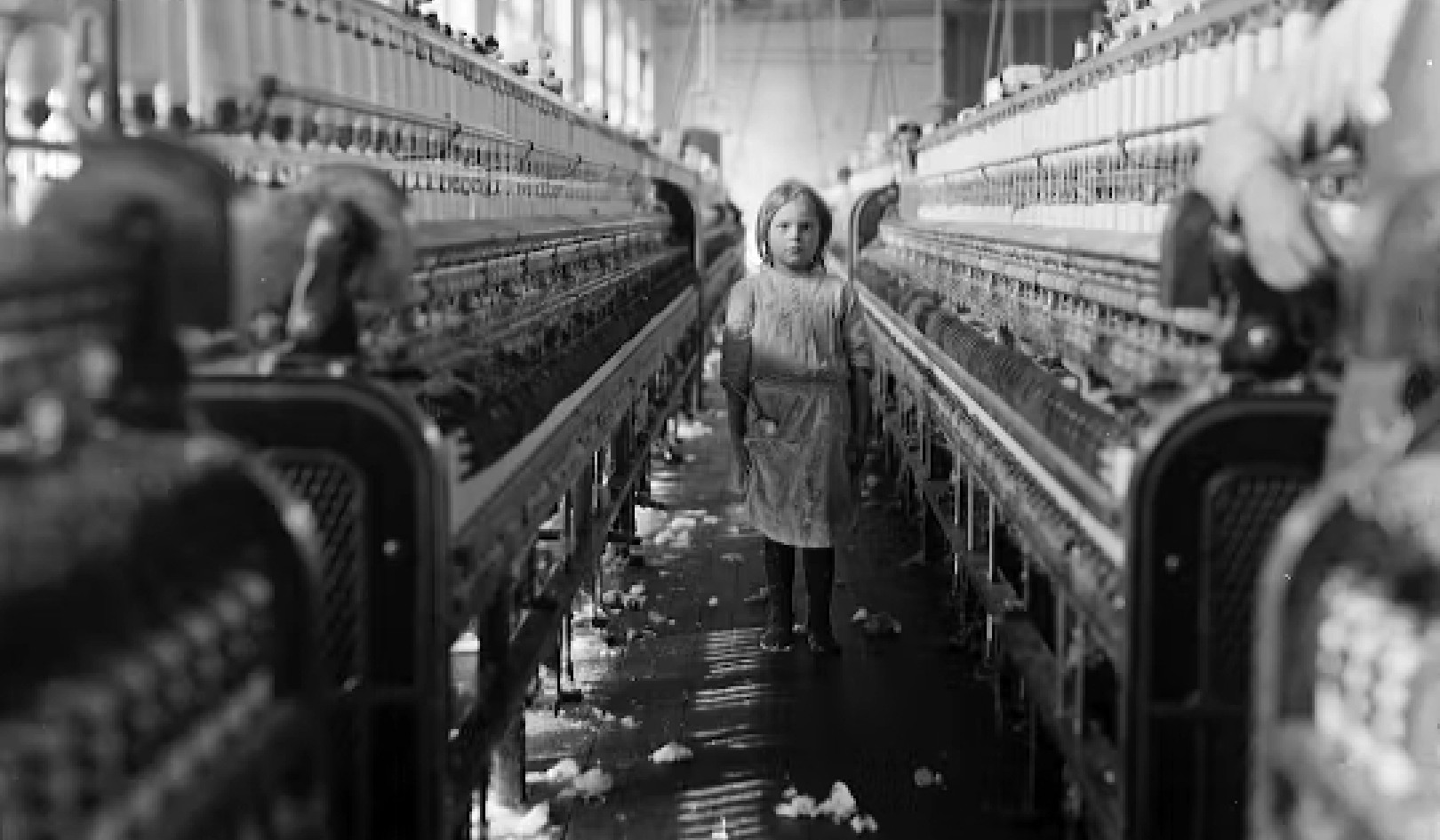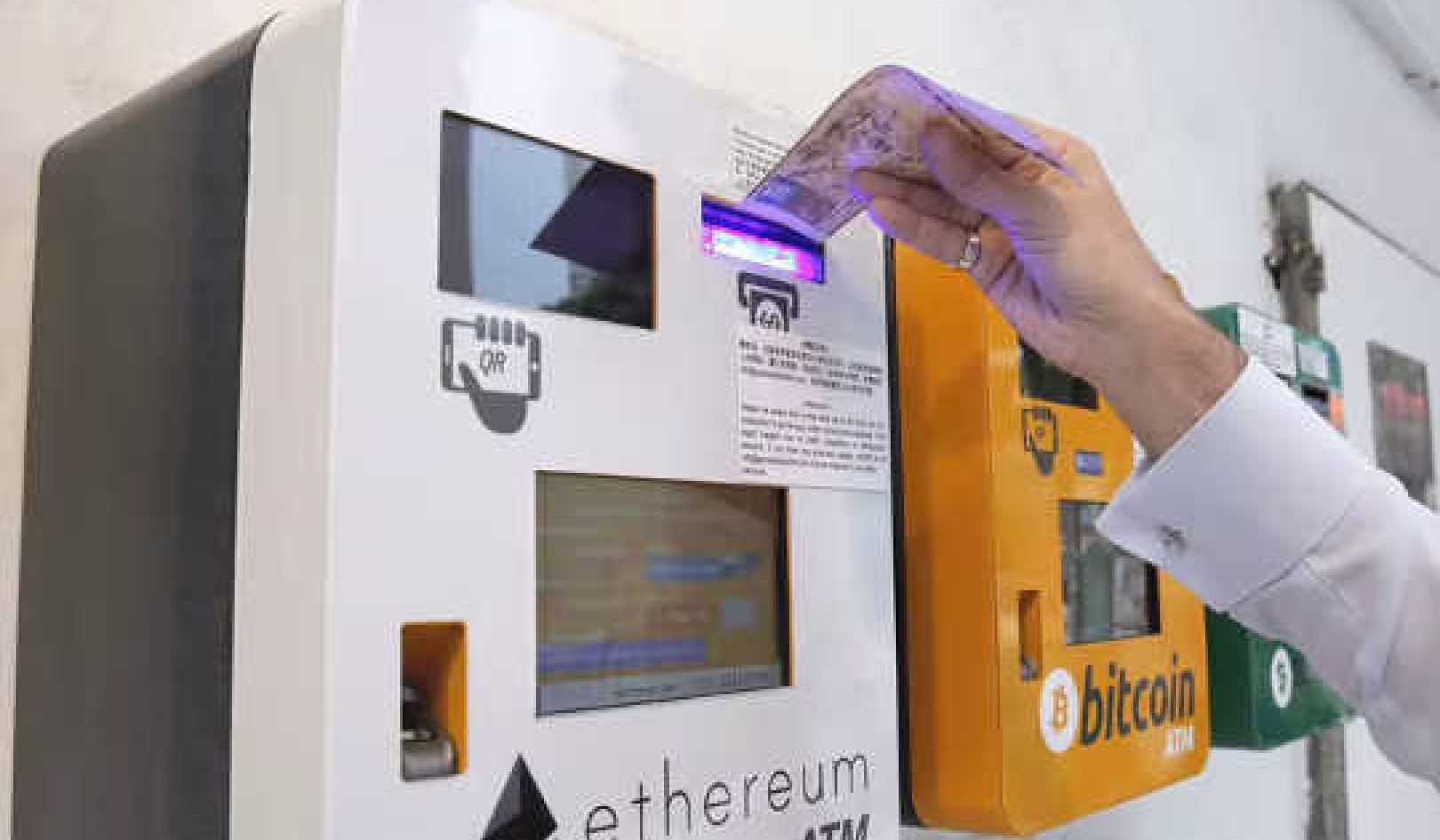
I’m going to let you in on a little secret about the Internet: Big cable companies hate it.
That’s a bad thing because for most Americans big cable companies are the on-ramps to the wired world.
And big cable companies are getting even bigger. Just last week, Federal Communications Commission Chairman Tom Wheeler announced his intention to approve the merger of Charter Communications with Time Warner Cable and Bright House Networks.
The $90 billion takeover combines the nation’s second-, third- and sixth-largest cable providers. Merger approval is expected as soon as next week, a move that would leave just two Internet service providers, New Charter and Comcast, with control over nearly two-thirds of the nation’s high-speed Internet subscribers.
Though they sell access to the Internet, these monopoly-minded cable giants don’t like what the Internet represents.
More and more Americans are using their online connections to create a vision of the media that’s free of the limitations cable companies like to impose. It’s a future where Internet users get to pick and choose video content from millions of sources; where they share their own media creations — art projects, protest videos, Mother’s Day messages — just as easily as they experience the creations of others.
It’s a future without gatekeepers, where ISPs provide an affordable connection to a big, open pipe and then get out of our way. And it’s a future in which every family, regardless of race, income or location, should be able to participate and afford.
This sort of abundance — abundance of access, abundance of data, abundance of choice — is already within our reach. But cable companies are resisting abundance with a business model built on scarcity.
Abundance vs. Scarcity
Cable companies like Comcast and Time Warner Cable are experimenting with data caps that saddle with exorbitant fees Internet users who exceed arbitrary monthly limits. The media reform group Free Press has repeatedly shown that caps serve no legitimate engineering or economic function; their sole purpose is to pad profit margins (which already exceed 60 percent for cable companies’ broadband businesses). And data caps prevent many from “cutting the cord,” or unsubscribing from their pay TV service in favor of watching video over their high-speed Internet connections.
Cable companies also oppose a common-sense FCC proposal to free cable-TV viewers from an obligation to rent their set-top boxes — those ugly things gathering dust on your media console. If the FCC is successful, cable customers will be able to purchase third-party boxes, including those that better integrate the viewing of both cable content and streaming online video on their TVs or other devices.
And big cable companies are charging even higher prices for Internet access. Charter will need to hike prices to pay down the nearly $27 billion in new debt it took on to complete its merger. That’s a burden that amounts to more than $1,000 per average Charter customer. To repay that, and to satisfy its investors, Charter will have to raise prices substantially — squeezing captive customers and forcing others offline.
These rate hikes will hit low-income families and people of color the hardest. Vulnerable communities are already less likely to be able to afford Internet connections, and a recent Pew Research Center report shows dropping rates of home-broadband adoption. Pricing low-income communities out of the promise and potential of a high-speed Internet connection only perpetuates the sort of systemic discrimination that further pushes many to the edges of society.
If you could wring any positive news from the FCC’s ill-advised Charter move, it’s that the agency has imposed a few conditions on the merger, including a seven-year moratorium on data caps.
But even that is cold comfort to those hoping to see the Internet fulfill its promise of abundance. As the rest of the industry moves toward imposing caps, Charter will no doubt do the same the millisecond that seven-year moratorium expires.
The best way to solve the false-scarcity problem and disrupt big cable’s control over the fate of the Internet is to ensure universal and affordable access to big, open pipes where network owners are barred from discriminating against the content that flows over it.
The imminent approval of the Charter merger moves us in the opposite direction, toward an Internet dominated by a few cable gatekeepers that thrive on scarcity. And it’s going to stay that way until we get serious about policies that protect openness and promote competition and abundance.
http://billmoyers.com/story/big-cable-bad-news-internet/
About The Author
 Timothy Karr is the senior director of strategy for Free Press, the advocacy organization that fights for everyone’s rights to connect and communicate. Follow Tim on Twitter: @TimKarr.
Timothy Karr is the senior director of strategy for Free Press, the advocacy organization that fights for everyone’s rights to connect and communicate. Follow Tim on Twitter: @TimKarr.
Related Books
at InnerSelf Market and Amazon






















